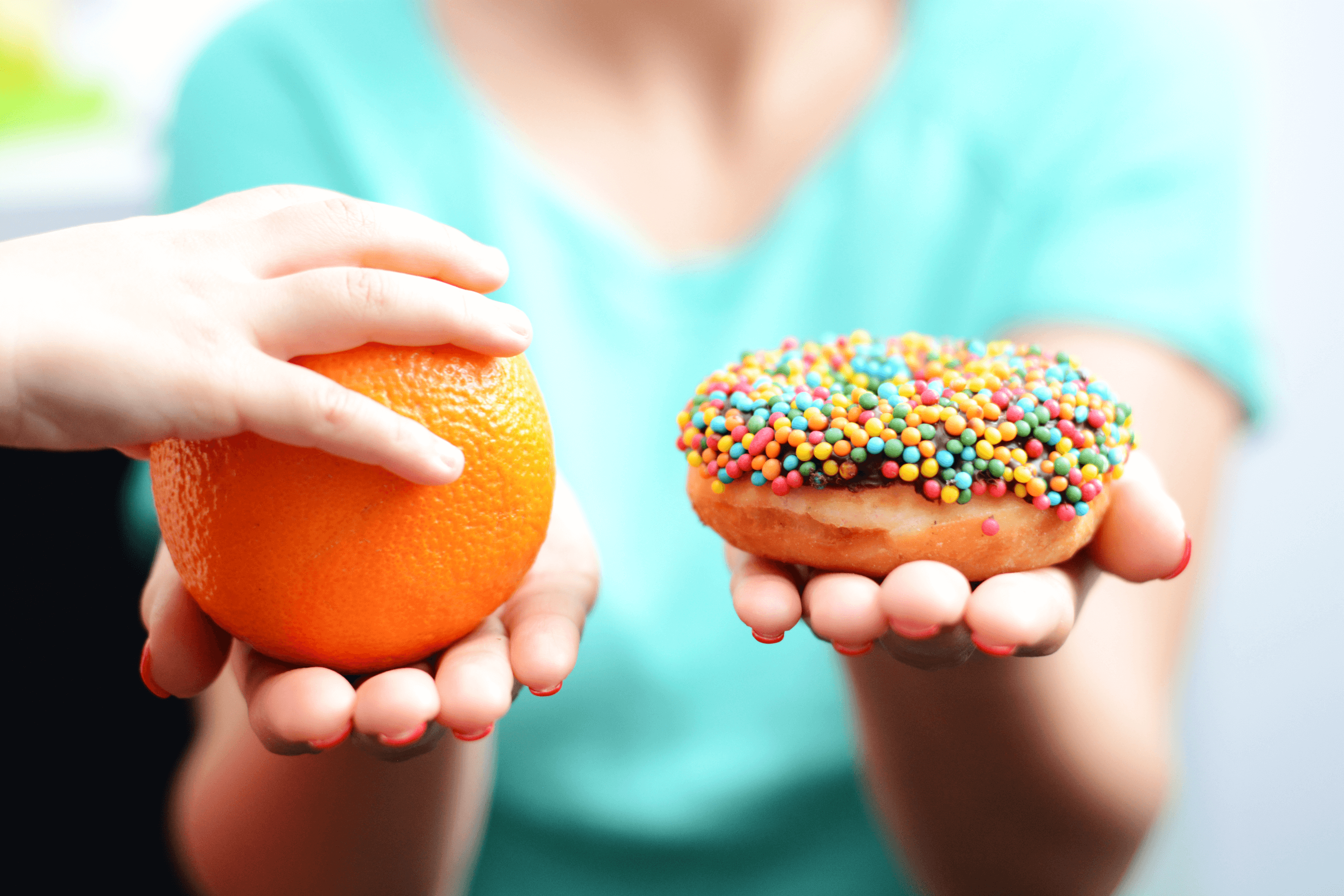The sweet truth

Sugar. It’s sweet, sticky and helps the medicine go down, but did you know that more than two-thirds of Aussie kids eat more of it than they should?
Eating too many sugary foods provides a lot of energy that your body doesn’t need. This can cause weight gain, which increases the risk of heart disease, type 2 diabetes and some cancers. Sugar is also really bad for your teeth, causing cavities and visits to the dentist.
While it’s great to see people becoming more aware of the problems associated with eating too much of the sweet stuff, we’ve noticed some myths doing the rounds among school staff and students and we’d like to set the record straight.
Myth – You should avoid fruit because it has too much sugar
The natural sugars found in foods like fruit and milk (namely fructose and lactose) are packaged together with important nutrients like fibre, vitamins and minerals. These nutrients deliver numerous health benefits to growing bodies. In contrast, foods with added sugars like soft drinks, lollies and chocolate provide sugar without the beneficial nutrients that your body needs. The nutrients in foods with naturally occurring sugars also help to regulate the amount of food that you eat. For example, the fibre in fruit fills you up which means it’s harder to over-eat on fruit than chocolate!
While we have recently started promoting vegies as the snack of choice for Crunch&Sip, this isn’t because fruit is bad for you. The reason for the change is because most primary school kids eat enough fruit, but only 1 in 6 eats enough vegies – that’s why we give vegies the starring role in Crunch&Sip.
Myth – We should ‘quit’ sugar
Sugar is only really a problem when we eat too much of it. Having a small amount of sugar in your diet will not do you any harm as long as you are generally eating a healthy diet full of vegies, fruits, wholegrains, dairy foods, meat, nuts and legumes. It’s useful to learn how to read nutrition labels. Aim for less than 15 grams of sugar per 100 grams for foods and less than 7.5 grams of sugar per 100mL for drinks.
Myth – Sports drinks are a good choice for active children
Increasingly we see children and teenagers drinking sports drinks because they think these drinks will improve their sports performance or provide better hydration than water. Sports drinks do provide some benefit to people participating in endurance and high intensity activities that involve long periods of sweating, like marathon running. However, for most children doing routine exercise (e.g. at a sports carnival), using sports drinks is unnecessary. Sports drinks are full of sugar that growing bodies don’t need – choose water instead.
Teaching children how to read food labels is a great activity for the classroom. Help students become nutrition sleuths using our newly developed label reading kit. Download here.